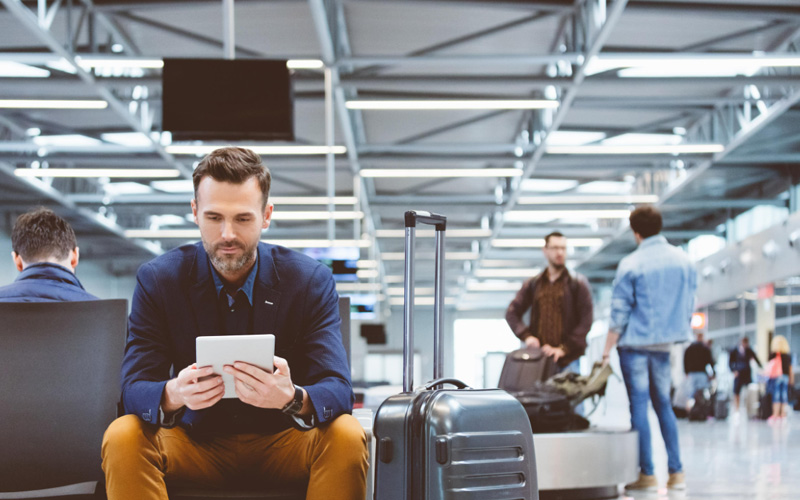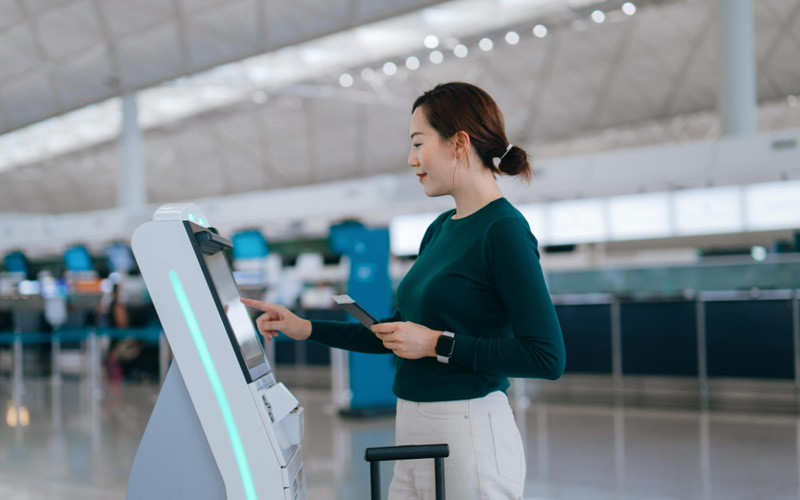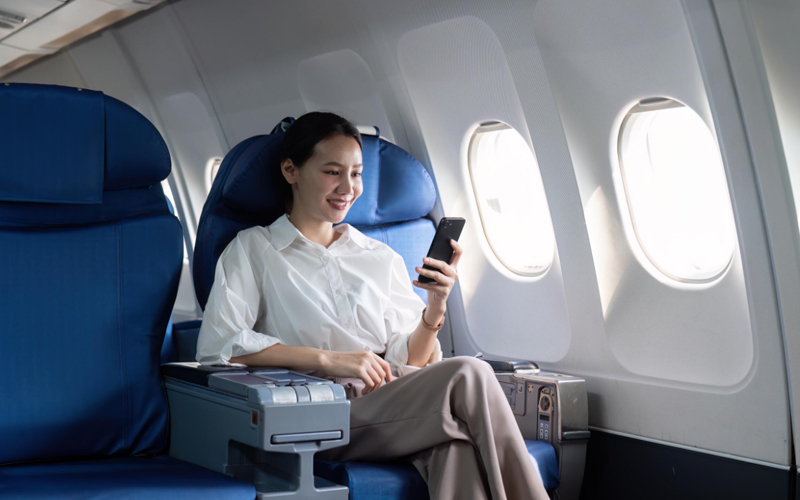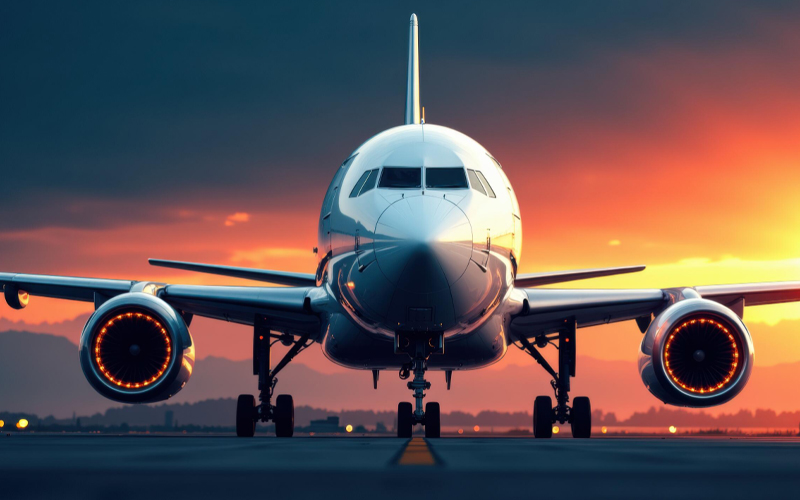Hyperlocal travel is transforming the way we explore the world by focusing on nearby destinations and offering deeper, more immersive experiences. Rather than the fast-paced, multi-country itineraries of traditional tourism, this trend encourages travellers to connect with local cultures, communities, and traditions, prioritising authenticity over distance.
This shift aligns with sustainability goals and responsible travel, offering a more personalised approach that benefits both travellers and local communities. Hyperlocal travel isn’t just a passing trend; it’s a reimagined way of exploring, one that values cultural engagement and meaningful connections.
Key drivers of hyperlocal travel
Hyperlocal travel is gaining momentum, driven by a combination of economic, environmental, and cultural influences that are fuelling its rising popularity among today’s travellers.
Economic pressures
Rising inflation and cost-of-living concerns have made hyperlocal travel an attractive and budget-friendly solution.
By eliminating expensive international flights and re-engineering travel habits to focus on affordable alternatives like road and rail, travellers can significantly reduce their expenses without sacrificing the excitement of discovery.
This strategic approach positions hyperlocal travel as an equilibrium between resource efficiency and meaningful exploration.
Environmental consciousness
The travel industry contributes around 6.5% of global carbon emissions, making sustainability a top priority for environmentally conscious travellers.
Hyperlocal travel mitigates environmental impact by leveraging low-emission transportation modes like cars and trains, significantly reducing dependency on high-carbon air travel.
This shift signals a growing commitment among travellers to align their adventures responsibly with broader sustainability goals.
Cultural and social motivations
Authenticity has become the foundation of modern travel. Travellers are increasingly seeking immersive interactions with local communities.
Hyperlocal travel fulfils these desires by helping travellers discover hidden spots, fostering direct interactions with locals, and providing immersive experiences that celebrate the unique heritage and traditions of each region.
This approach not only deepens cultural appreciation but also fosters mutually beneficial relationships between travellers and host communities.
Technological enablers
The rapid evolution of technology is driving hyperlocal travel forward by revolutionising personalisation, improving accessibility, and deepening traveller engagement.
AI and personalisation
AI (Artificial Intelligence) is redefining travel planning by developing hyper-personalised experiences for travellers. By processing vast datasets—ranging from user preferences to historical travel patterns—AI models generate context-aware itineraries.
Further, Generative AI (GenAI) uses natural language processing (NLP) to develop customised content, like travel tips, while machine learning (ML) models identify hyperlocal attractions aligned with travellers' interests.
As per reports, 59% of millennials adopted generative AI for trip planning in 2024. This trend represents AI’s growing influence in turning ordinary trips into explorations deeply connected to individual interests.
Virtual and Augmented Reality
Innovations in virtual reality (VR) and augmented reality (AR) technologies are revolutionising the overall travel experience by bridging the gap between expectation and reality. VR employs 3D simulations and geospatial mapping, allowing travellers to virtually explore destinations and aiding in the selection of hyperlocal services.
Conversely, AR applications enrich on-site experiences by turning simple journeys into interactive adventures. These technologies leverage smartphone-based spatial computing and computer vision to enhance real-world experiences.
Together, VR and AR seamlessly merge digital insights with physical environments, significantly boosting travellers’ confidence.
Mobile apps and hyperlocal services
Mobile applications are driving seamless connectivity with hyperlocal services, making them indispensable for modern travellers. These services leverage real-time geofencing, GPS technologies, and AI-driven interface design to seamlessly connect users with localised offerings.
These platforms are continuously integrating APIs to provide instant access to services like guided tours, transportation, event bookings, and more.
Furthermore, these mobile app ecosystems use push notifications, predictive analytics, and hyper-personalised user interfaces (UI) to maximise user satisfaction and enhance the overall travel experience.
Economic and community benefits
Beyond enriching the traveller experience, hyperlocal travel delivers tangible economic and social benefits to local communities.
Empowering local economies
Hyperlocal travel fuels growth in local communities by directing tourist spending toward small businesses, artisans, and family-run establishments. This approach fosters job creation and strengthens the financial stability of underserved areas.
Fostering cultural preservation
Hyperlocal travel plays a vital role in preserving cultural heritage by immersing travellers in local traditions, crafts, and storytelling. By supporting Indigenous art forms and exploring regional histories, travellers actively contribute to the celebration and safeguarding of cultural diversity.
Building stronger communities
A direct benefit of hyperlocal travel is its ability to strengthen community ties. This approach goes beyond the surface of typical tourism, creating opportunities for genuine interaction between travellers and locals.
By participating in initiatives such as local experiences and tours or community-hosted cultural events, travellers contribute to the economic growth and vibrancy of local economies. These collaborative efforts showcase local talents and provide residents with a platform to share their stories, skills, and heritage.
Thus, hyperlocal travel doesn’t just fuel economic growth—it empowers communities to thrive, forming genuine and meaningful connections.
How can Infosys BPM help?
Hyperlocal travel is a transformative trend that reflects evolving consumer priorities in an interconnected world. Driven by economic necessity, environmental awareness, cultural curiosity, and technological innovation, it offers travellers the chance to discover the richness of their regions while supporting local communities.
At Infosys BPM, we empower businesses in the travel and hospitality sector to adapt to these evolving trends with cutting-edge solutions and insights. With our exclusive travel and hospitality solutions, we can transform your operations and deliver hyperlocal experiences that leave a lasting impact. Partner with Infosys BPM and unlock the future of travel.







